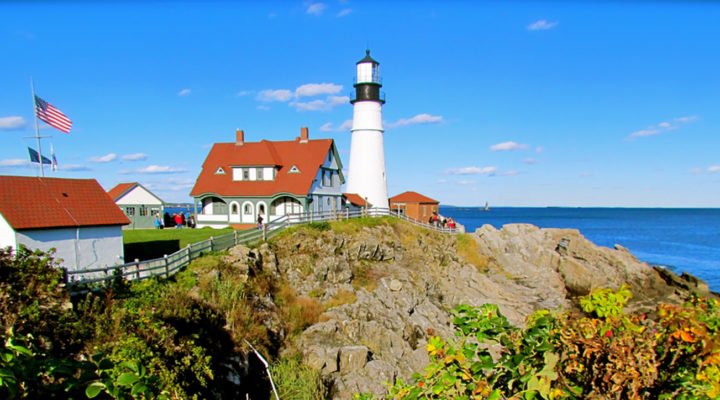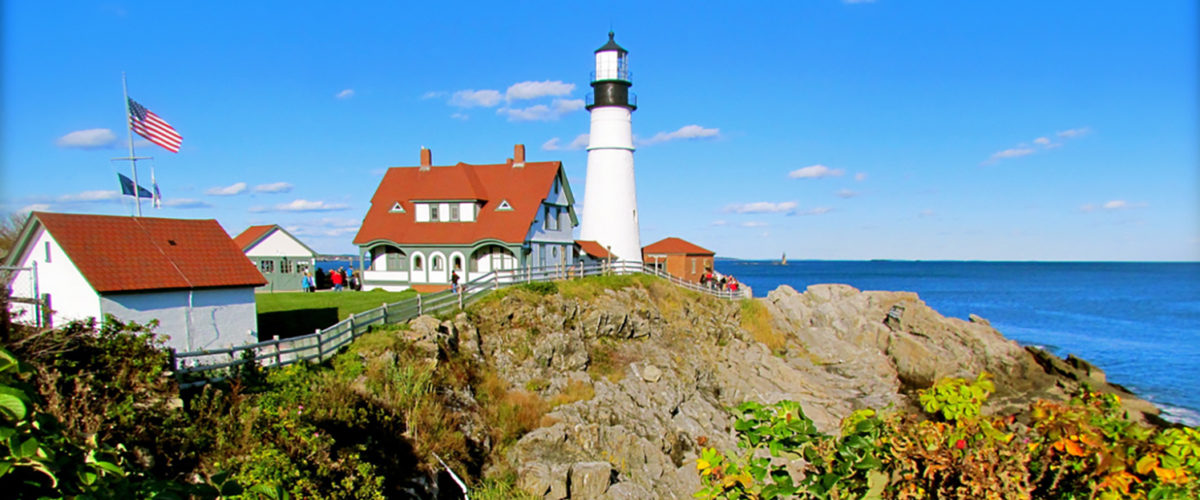Used to be, research and polling organizations interested in American religious life regularly documented how much Christians are, or aren’t, going to church.
The Barna Group did just that in a recent survey which found that residents of Chattanooga, Tenn.; Salt Lake City; Augusta and Aiken, Ga.; Baton Rouge, La.; and Birmingham, Ala., lead the U.S. in church attendance.
No big surprises, there.
But attention also is being paid to an additional statistic: the highest rates of church rejection. In its research, Barna said it has identified a group it calls the “dechurched” — people who once, very regularly or minimally, attended worship but have not done so for at least six months.
By comparison the unchurched are Christians whose former commitment level is not described but also have not attended a service in six months.
Nearly four in 10 Americans are active churchgoers, Barna reported, while 43 percent are unchurched and and 34 percent described themselves as dechurched.
“It may come as no surprise that the influence of Christianity in the United States is waning,” Barna said in a summary of the research posted online. “Rates of church attendance, religious affiliation, belief in God, prayer and Bible-reading have all been dropping for decades.”
Those trends inspired Barna to develop a metric to measure the post-Christian status of American cities.
To achieve that designation, respondents had to meet nine out of 16 criteria. These included identifying as agnostic or atheist, not making a commitment to Jesus Christ, not attending church for six months and believing that Jesus sinned.
Barna provided a ranking of 100 cities, from most to least post-Christian.
 Portland-Auburn, Maine, leads the list followed in second place by both Boston and Manchester, N.H. Albany, Schenectady and Troy, N.Y., are third, while Providence, R.I., is in fourth place. Tied for fifth are Burlington, Vt., and Plattsburgh, N.Y.
Portland-Auburn, Maine, leads the list followed in second place by both Boston and Manchester, N.H. Albany, Schenectady and Troy, N.Y., are third, while Providence, R.I., is in fourth place. Tied for fifth are Burlington, Vt., and Plattsburgh, N.Y.
“In fact, New England and the Northeast — considered the foundation and home-base of religion in America — figure prominently: Eight of the top 10 most post-Christian cities are in this region,” Barna said in its report.
Rounding out the top 10 are: Hartford and New Haven, Conn.; New York City; San Francisco, Oakland and San Jose, Calif.; Seattle and Tacoma, Wash.; and Buffalo, N.Y.
The top 20 also includes Philadelphia, Denver, Colo., Fort Meyers, Fla., Los Angeles, Chicago and Washington.
The bottom 50 are made up mostly of Southern, Southwestern and Midwestern cities. They include Cincinnati, Dallas, Indianapolis, Tulsa and Jackson, Miss.


